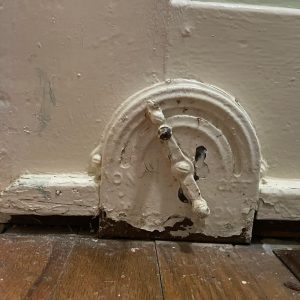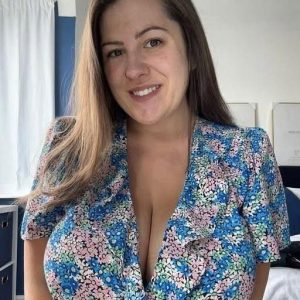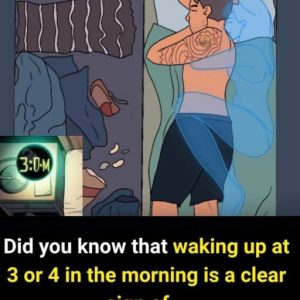If you’ve seen the term “HT7” mentioned in connection with your child’s hair, it’s important to know that it has no relation to scalp or hair health. HT7, or Shenmen (“Spirit Gate”), is an acupuncture point used in Traditional Chinese Medicine (TCM) to help with emotional conditions such as anxiety, insomnia, and restlessness. It’s located on the wrist, near the crease on the pinky side. While stimulating HT7 may calm the mind and improve sleep, it does not affect the scalp or hair growth.
If your child is showing signs of scalp issues, these are usually caused by common dermatologic conditions. Cradle cap (seborrheic dermatitis) is frequent in infants, appearing as yellow or brown greasy scales that usually clear with gentle washing and soft brushing. Dandruff in older children can lead to white flakes and itching due to dry skin, product sensitivity, or mild fungal overgrowth, often managed with medicated shampoos. Folliculitis, or inflammation of hair follicles, can cause red bumps or pustules and is best prevented with gentle hair care and avoiding tight hairstyles.
Other causes include eczema (atopic dermatitis), which creates dry, itchy, inflamed patches requiring moisturizers or medicated treatments, and tinea capitis (scalp ringworm), a contagious fungal infection leading to hair loss, scaling, or black dots that needs prescription antifungals.
While HT7 may support emotional well-being, scalp and hair concerns require medical evaluation by a pediatrician or dermatologist to ensure proper diagnosis and treatment for a healthy scalp.





